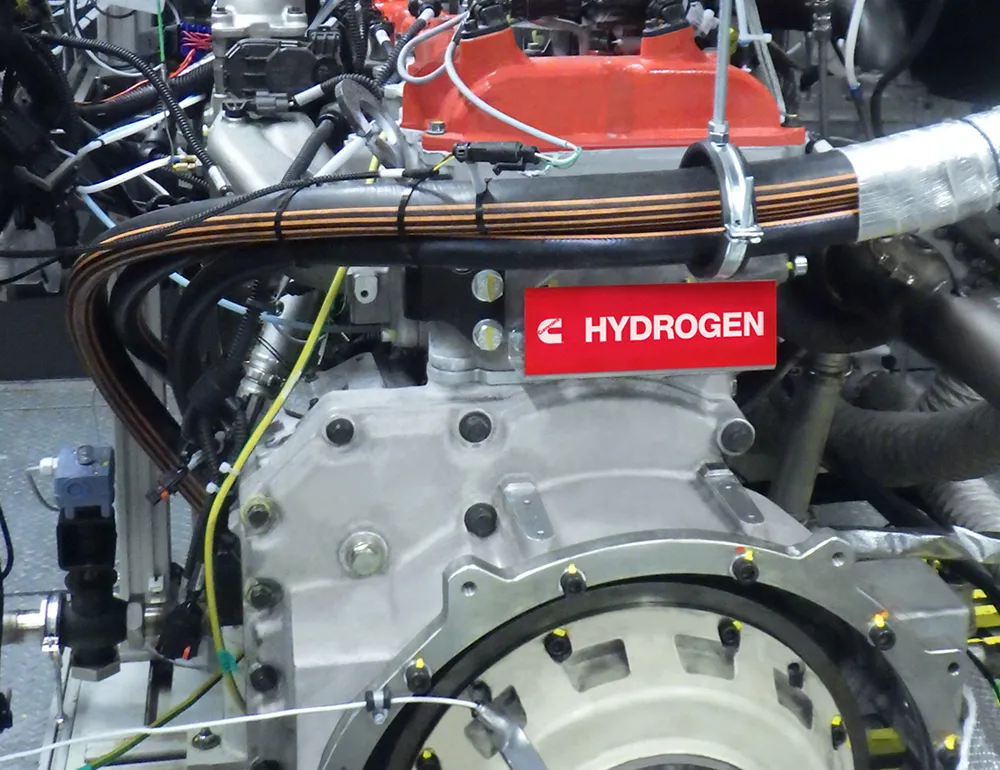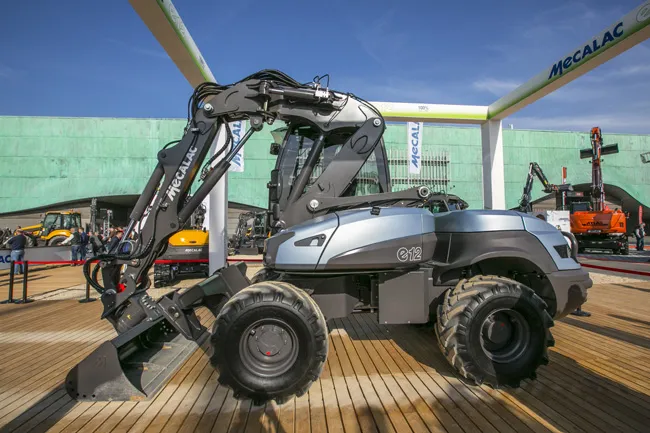Concerns over range remain a major challenge to take-up of electric vehicles (EVs) in coming years. However the introduction of telematics in EVs to provide point of interest and alerts packages to make drivers aware of charging facilities could resolve range anxiety.
February 8, 2012
Read time: 2 mins
Concerns over range remain a major challenge to take-up of electric vehicles (EVs) in coming years. However the introduction of telematics in EVs to provide point of interest and alerts packages to make drivers aware of charging facilities could resolve range anxiety. Most hardware elements required for enabling these services will be built into the cost of the EV. And EV drivers are only likely to pay incremental amounts for services included in the subscription being paid for battery leasing and energy plans. A number of manufacturers, including 2453 Renault, 2454 Nissan and 2456 GM, are currently developing telematics concepts for their upcoming EV models. However a major challenge will be to ensure mass market adoption of EVs while providing adequate infrastructure support. As EVs will remain niche products for a majority of firms, it remains to be seen how the issues of development expenses for the EVs will impact on their costs. A new analysis from Frost & Sullivan: Strategic Market and Technology Assessment of Telematics Applications for Electric Vehicles, suggests that telematics will have a penetration of more than 80% of all new EVs sold by 2015. Smart navigation hardware will become a standard feature in all new EVs sold by 2015, however users will face additional service costs that are bundled along with energy subscription plans.








